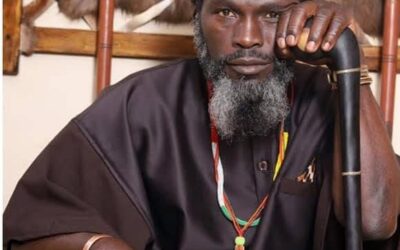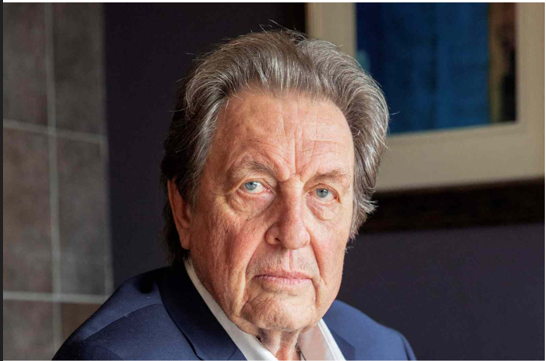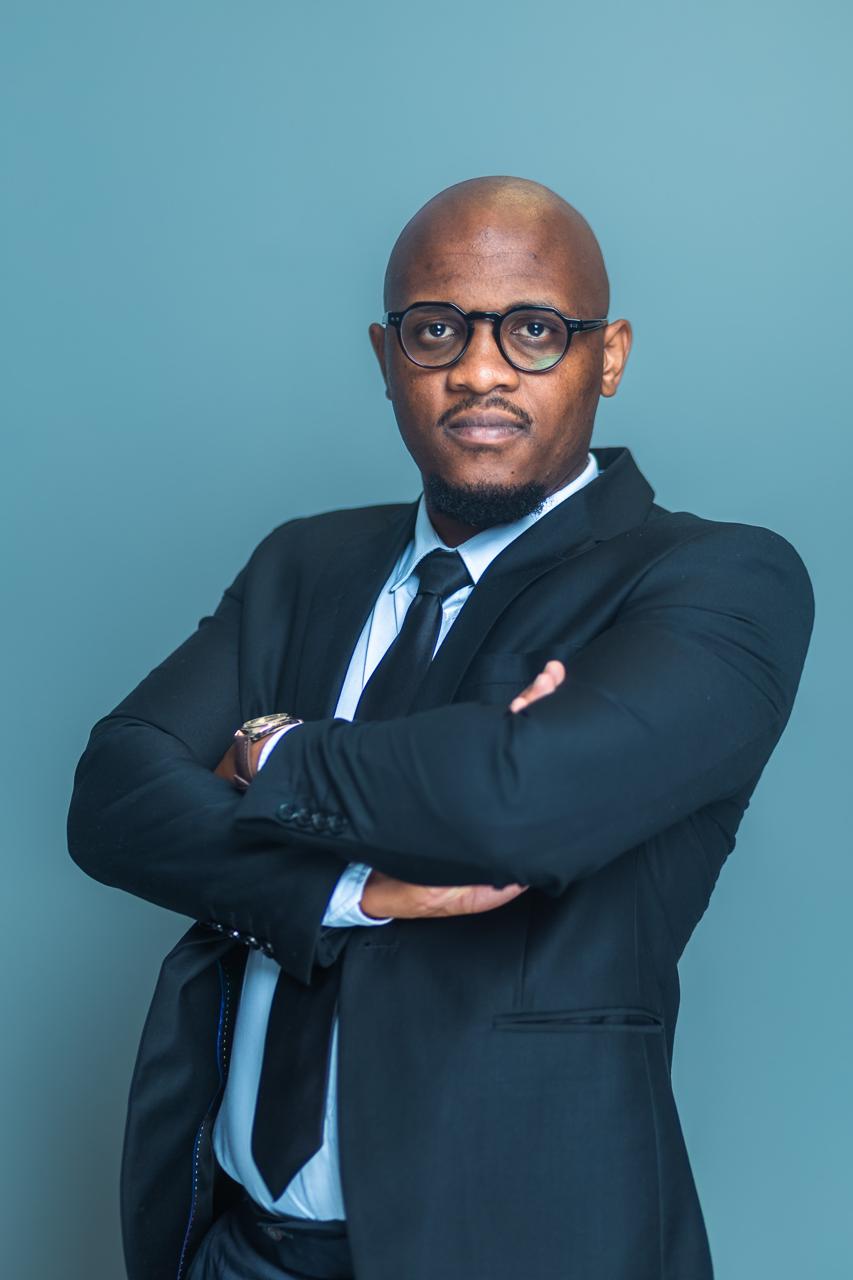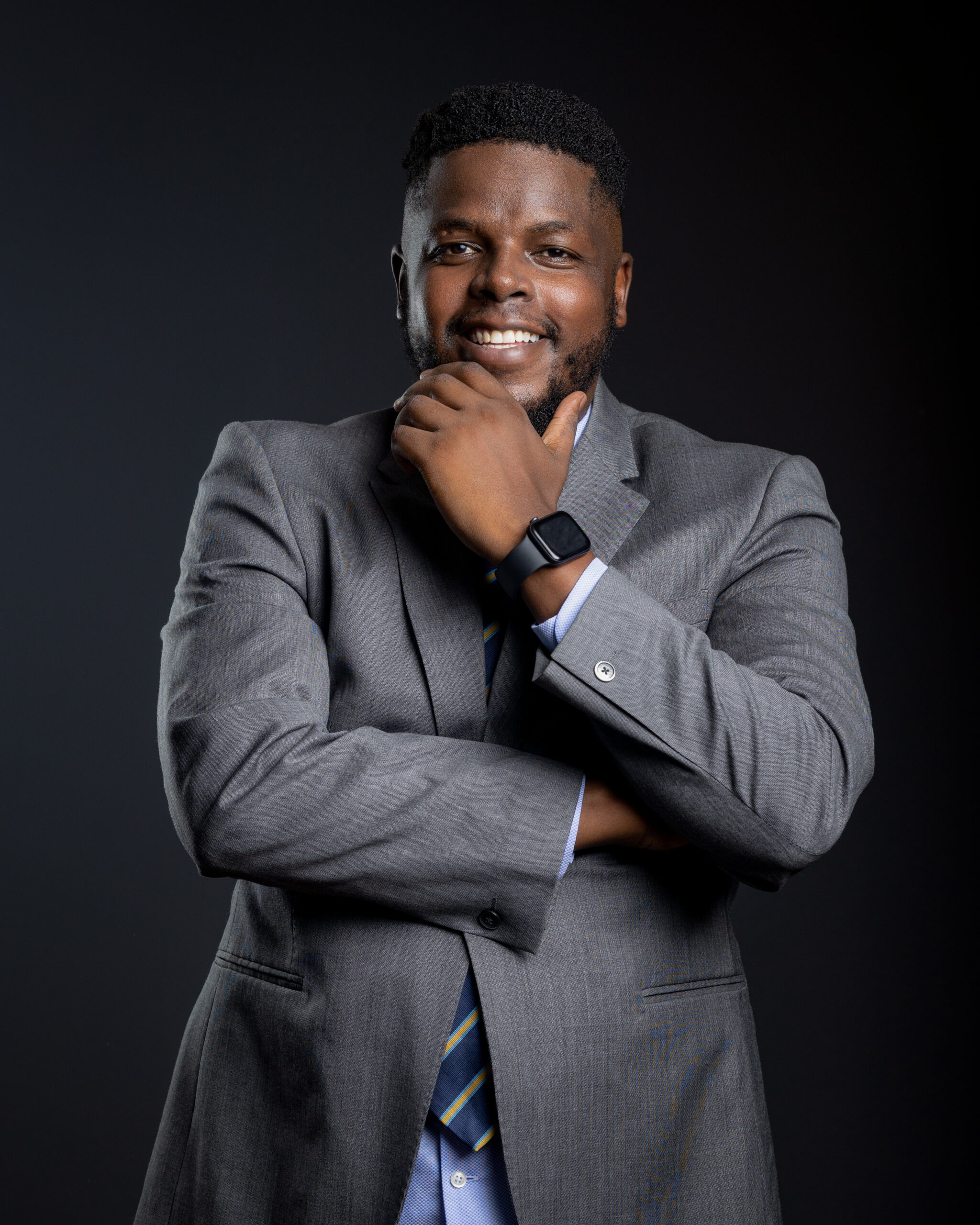By Bafana Phalane
It is both infuriating and disheartening to hear Errol Musk’s dismissive remarks about apartheid and white privilege in South Africa. In his recent conversation on the Mac G podcast, he painted a narrative that not only downplays the real and enduring effects of apartheid but also insults the intelligence and struggles of millions of South Africans. His rhetoric, laced with arrogance and historical revisionism, mirrors the mindset of many privileged white individuals in this country—people who have benefited immensely from the brutal system of apartheid yet refuse to acknowledge its lasting impact.
Errol Musk claims that apartheid started in the 1700s and was present in most parts of the world as if that somehow justifies its existence or erases the specific brutality that Black South Africans endured. He then has the audacity to question why South Africa has not “moved on,” as if 31 years is enough to undo centuries of systematic oppression, land dispossession, and economic exclusion. This dismissive stance is not just ignorant—it is cruel. It reeks of the entitlement and lack of accountability that has defined white privilege in this country for generations. It is the kind of thinking that ignores reality, chooses comfort over truth, and insists that Black South Africans should “get over it” while they remain in control of the country’s wealth and resources.
Errol Musk is not alone in his views. He represents a broader category of privileged individuals who live in South Africa, enjoy its wealth and infrastructure, but harbor nothing but disdain for the people who built this country. These individuals sit atop generational wealth accumulated during apartheid, yet they speak as if they earned it through sheer hard work, conveniently forgetting that the system was designed to suppress and exclude Black people while favoring them at every turn. They refuse to acknowledge that the economic disparities we see today are a direct consequence of that very system.
The truth is that white privilege did not end with the fall of apartheid in 1994. It merely adapted. The same people who controlled industries, land, and resources before 1994 continue to do so, using their economic power to resist transformation at every level. They hide behind corporate boardrooms, legal loopholes, and media narratives that paint them as victims whenever the government attempts to implement progressive policies aimed at correcting historical injustices.
During the podcast, co-host Sol Phenduka posed a critical question: Is it possible to undo the repercussions of apartheid without putting legislation in place? The answer is a resounding no. Without strong policies and legal frameworks, white privilege will continue unchecked, and the economic imbalances will remain entrenched. The South African government has taken bold steps to rectify past injustices through bills like the Expropriation Bill, the National Health Insurance (NHI) Bill, and the Basic Education Laws Amendment (BELA) Bill. These pieces of legislation are not about punishing white people, as lobby groups like AfriForum and other powerful white interests would have the world believe. They are about achieving fairness in a country that has been deeply unequal for far too long.
Yet, Errol Musk, like many of his kind, views these efforts as threats. He conceded that the Expropriation Bill is not as bad as his son, Elon Musk, and Donald Trump believed it to be, but still suggested that President Cyril Ramaphosa should refrain from passing such laws because they “scare people.” How absurd! Since when does the government need to tiptoe around legislation that benefits the majority just to keep the rich white minority from feeling uncomfortable? Should South Africans continue to suffer just so that privileged individuals can sleep peacefully in their mansions, built on the backs of Black labor?
What makes this situation even more infuriating is the way certain white South Africans have positioned themselves as victims. Any move towards transformation is met with outcries of “reverse racism” and “white genocide.” These are not just exaggerations—they are deliberate falsehoods designed to manipulate international opinion and resist progress. South Africa is not a racist country. If anything, the government has treated white people with far more fairness and consideration than the system they inherited ever did for Black South Africans. But the moment there is even a slight shift towards transformation, the privileged minority runs to global platforms to paint themselves as the oppressed.
The same people who benefited from apartheid wealth are the ones now leading the charge against transformation. They use their influence to challenge land reform, resist economic inclusion policies, and demonize any effort that seeks to level the playing field. And when they are not actively opposing these changes, they are quietly benefitting from the status quo, refusing to acknowledge their role in maintaining inequality.
Errol Musk and those who think like him should not be considered patriots. They do not love South Africa—they love the benefits they derive from it. They want to stay here and enjoy the good weather, the luxurious estates, and the wealth accumulated during apartheid, but they do not want to contribute to the country’s healing and transformation. They scoff at policies that uplift the majority and dismiss calls for justice as whining. Their very presence, coupled with their unwillingness to change, is a slap in the face to every South African who continues to struggle because of apartheid’s long shadow.
It is time for South Africa to face this minority monster head-on. We can no longer allow individuals like Errol Musk to trivialize our pain and dictate our pace of progress. The government must push forward with transformation, regardless of how “scary” it might be to those who have always had it easy. The Expropriation Bill, NHI, and other progressive policies must be fully implemented without apology.
South Africa belongs to all who live in it—but that means all should contribute to making it a just and equal society. White privilege must be dismantled, not protected. Those who refuse to acknowledge reality and stand in the way of progress have no place in a democratic South Africa. It is time for them to choose: either be part of the transformation or step aside. But we will move forward, with or without them.
Bafana Phalane: Founder & Editor @ Maverick Point








13 thoughts on “Errol Musk and the Unrepentant White Privilege in South Africa.”